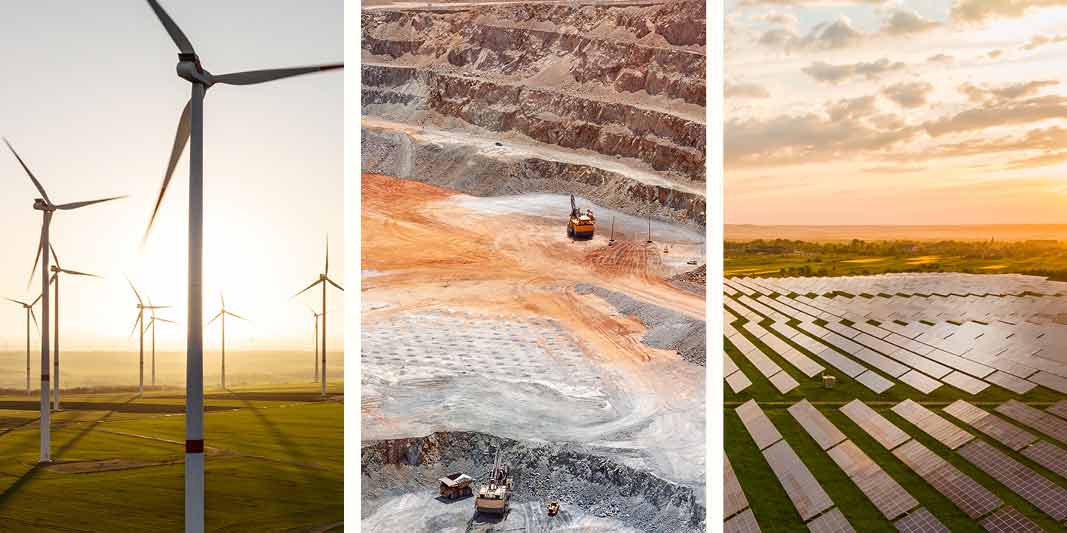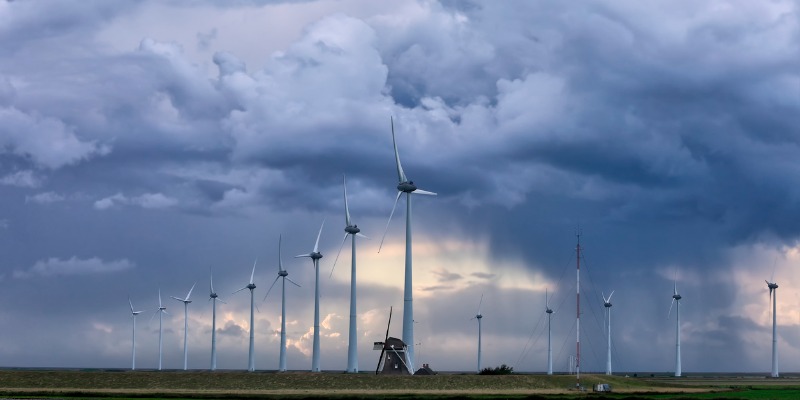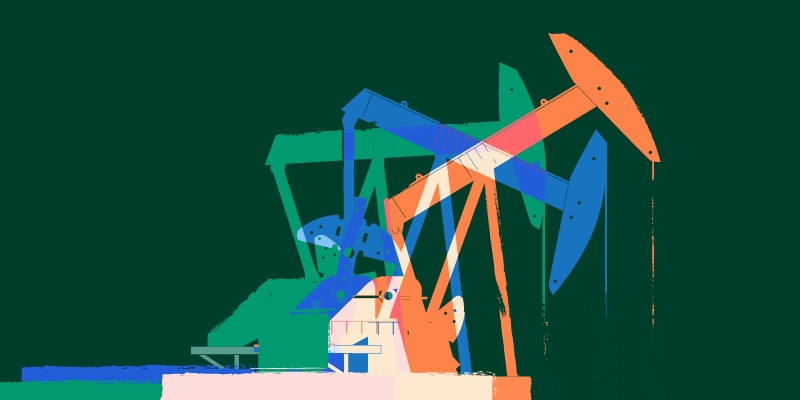The number of interruptions in California’s power supply increased from 12 to 42.
energy production
Almost three-quarters of respondents said the cost of regulatory compliance was a deterrent to investment in the province.
Canadian governments have worked to keep oil and gas resources locked in the ground.
The federal carbon price will reach $50.00 per tonne by 2022.
Atlantic Canada had the highest incidence of energy poverty—20.6 per cent of households.
In a speech to the Canada-UK Chamber of Commerce in London on July 14, 2006, Prime Minister Stephen Harper referred to Canada as the emerging energy superpower that his government intends to build. The prime minister and Joe Oliver, minister of natural resources, have repeated this claim on various occasions since.
While the term energy superpower sounds exciting and important, that likely isnt where the country is heading (and likely not what we want to be). Rather, Canada is on track to become an energy superproducer if the right policy framework is in place.
Quebecs political leaders seem to have fallen for the Great Green Dream of economic prosperity without energy or natural resource production. Its a magical vision of a world powered by unicorns and rainbows, where consumer goods are somehow conjured out of thin air rather than being manufactured with resources extracted from the ground. But experience in Europe as well as in Ontario show that chasing the green dream is a path to financial ruin, not utopia.






